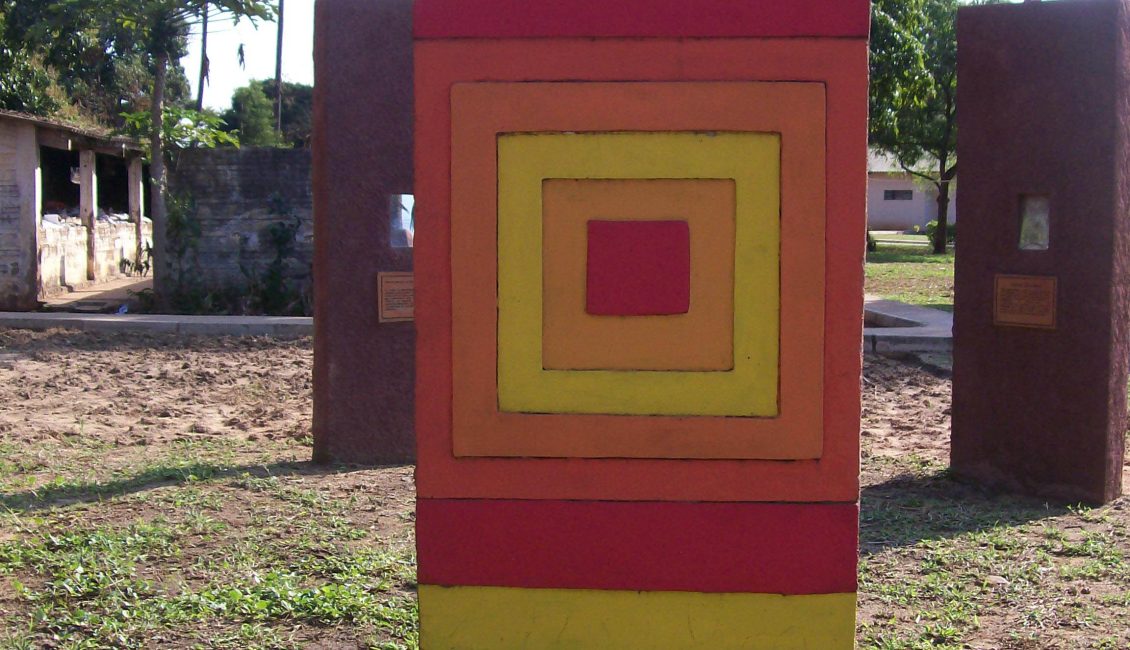
LEGALPL – Pluralismo Jurídico no Império Português (séculos XVIII-XX) – PTDC/DIR-OUT/30873/2017
Sumário do Projeto
O objetivo deste projeto é o de estudar o encontro entre a ordem jurídica portuguesa e as ordens jurídicas nativas dos territórios ultramarinos portugueses nos séculos XVIII-XX. Pretende-se saber como é que estas ordens foram classificadas, de que forma foram utilizadas por colonizadores e colonizados, como interagiram e foram transformadas pelas situações coloniais, em várias cronologias.
O pluralismo jurídico é um tema central da historiografia sobre os impérios, mas os trabalhos a ele dedicado na historiografia portuguesa têm privilegiado as reflexões doutrinais das elites coloniais e não a ação dos agentes locais da justiça colonial e das populações nativas envolvidas. Sabe-se, contudo, que o funcionamento do pluralismo jurídico emergiu das práticas sociais dessas pessoas, os administradores e os ‘súbditos’ da justiça colonial. Ambos o utilizaram estrategicamente, recorrendo seletivamente a normas e fórmulas europeias e nativas e criando, nessas interações, novas versões, coloniais, dos direitos tradicionais africanos e do Direito português. Uma compreensão mais dinâmica e completa do pluralismo jurídico no império português exige, portanto, que se observem as duas dimensões, a central e a local, em simultâneo. Pensamos que esta equipa, integrada por investigadores de instituições e áreas disciplinares diversas (história, direito, sociologia), alguns com estudos publicados sobre o tema, tem condições para o fazer de forma multidisciplinar e inovadora.
O primeiro nível que iremos considerar é então aquele em que se localizam os agentes coloniais, na metrópole e nas colónias (legisladores, académicos ou juízes e oficiais envolvidos na administração da justiça). O segundo foco será o recurso à justiça colonial pelas populações nativas. Não serão objeto de investigação os litígios em que as partes sejam europeias nem ordens jurídicas nativas que não comunicaram com a justiça portuguesa. Mapearemos também as estruturas judiciais ultramarinas durante o período considerado, bem como os agentes da justiça. Fontes privilegiadas serão a doutrina jurídica, a legislação, os debates políticos, os relatórios administrativos e judiciais, a jurisprudência e os códigos de ‘usos e costumes’. A investigação será orientada pelas seguintes questões:
De que modo os sujeitos envolvidos usaram estrategicamente o pluralismo?
Até onde foi a permeabilidade das ordens nativas ao direito europeu e vice-versa e como se transformaram mutuamente?
Os resultados do projeto consistirão na redação de 2 monografias, 1 roteiro de fontes, artigos em revistas científicas, 2 seminários internacionais e 1 site com bibliografia, fontes e imagens.
Deste trabalho resultará uma visão global do pluralismo jurídico nas colónias portuguesas, o que permitirá, além de estudos comparativos com outros impérios, uma melhor compreensão do papel do Direito em sociedades multiculturais e multiétnicas, bem como o diálogo interdisciplinar entre a História, o Direito e os estudos contemporâneos sobre cidadania em contextos nacionais e transnacionais.
Instituições
Faculdade de Direito da Universidade Nova de Lisboa/CEDIS (Instituição Proponente)
Instituto de Ciências Sociais
Lista de membros da Equipa de Investigação
Ana Cristina Fonseca Nogueira da Silva (Investigadora Responsável)
Ângela Maria Barreto Xavier (Co-Investigadora Responsável)
Ricardo Nuno Afonso Roque
Nuno Miguel de Moraes Pestana Tarouca Camarinhas
Luís Pedroso de Lima Cabral de Oliveira
Fernanda do Nascimento Thomaz
Mélissa Marie Frias
Samory Badona Monteiro
Maria da Conceição Moço Neto
Anabela Brízido
João Figueiredo
Yamê Paiva
Duração
36 meses (de 1 de setembro de 2018 a 31 de agosto de 2021)
Financiamento
Entidade Financiadora: Fundação para a Ciência e Tecnologia
Valor do Financiamento: 213.527,35€
